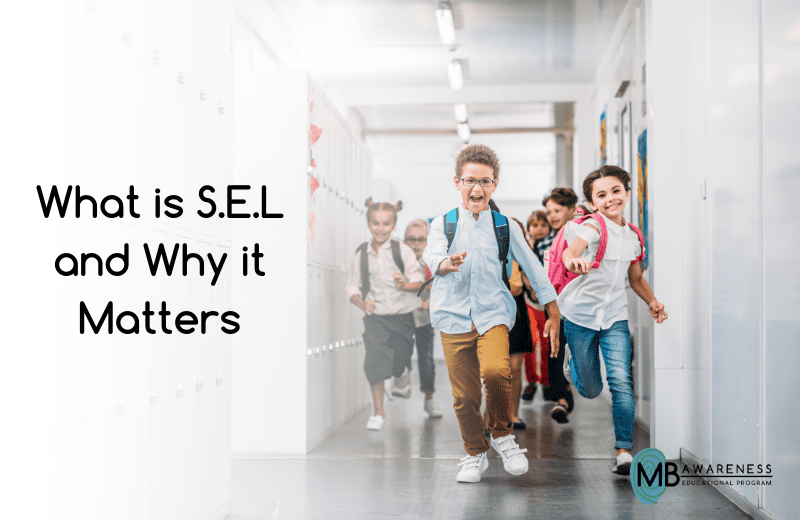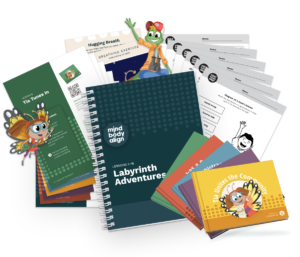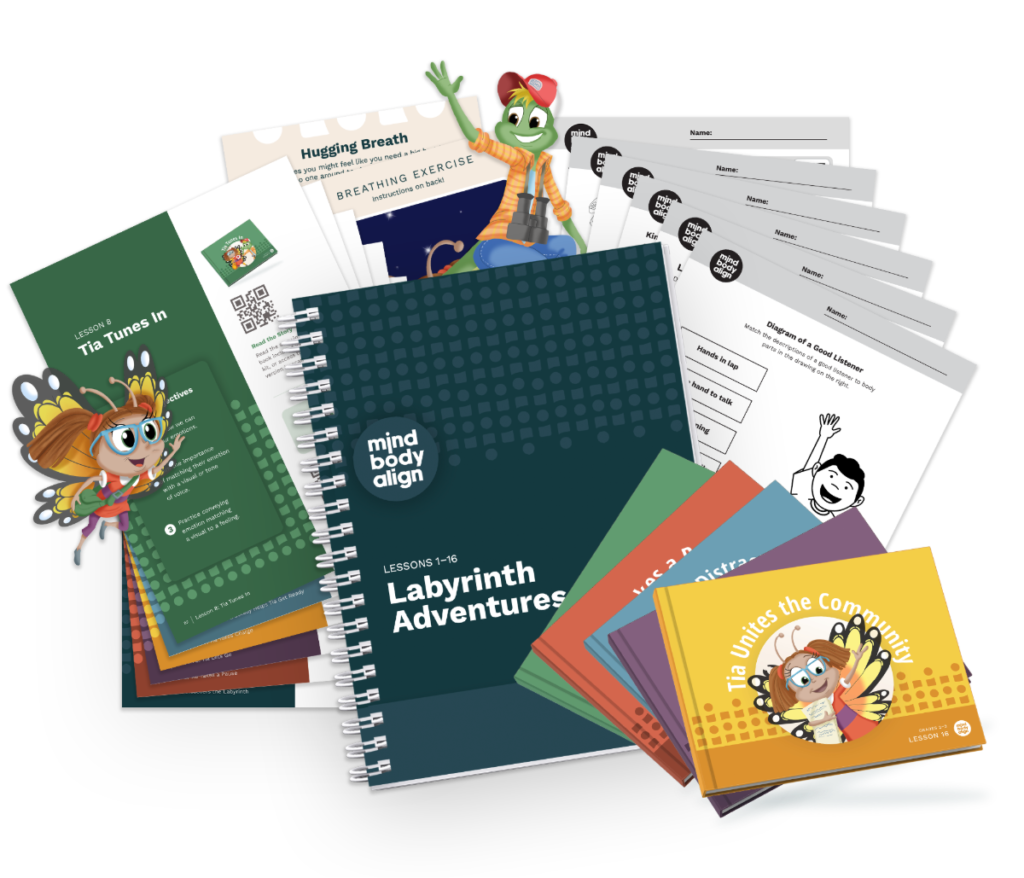Social emotional learning (SEL) is a system of methods and practices that help students better understand their emotions, to feel those emotions fully, and to demonstrate empathy for others. It is organized into five key skills. Those skills are self-awareness, self-management, responsible decision-making, relationship skills, and social awareness. These skills play an important role in providing a safe and positive learning environment. Each skill also enhances students’ ability to succeed in school, careers, and life.
Let’s take a closer look at these key skills.
- Self-awareness is the ability to recognize your emotions and how they impact your behavior. It means acknowledging your strengths and weaknesses to gain confidence in your abilities.
- Self-management is the ability to take control of your thoughts, emotions, and actions in various situations, as well as setting and working toward goals.
- Social awareness refers to the ability to put yourself in the shoes of another person who may be from a different background or culture than your own. It means acting with empathy and in an ethical manner within your home, school, and community.
- Enhancing relationship skills means building and maintaining healthy relationships with people from diverse and varied backgrounds. This component focuses on listening to and being able to communicate with others, peacefully resolving conflict, and knowing when to ask for or offer help.
- Making responsible decisions means choosing how to act or how to respond to a situation based on learned behaviors. These learned behaviors include ethics, safety, weighing consequences, and the well-being of yourself and others.
Though SEL can be fostered in many settings, the school is one of the primary places that children will learn and develop these skills. Without a doubt, most people will agree that our children need social-emotional learning skills to be successful at school, at home and in life. These are the skills that help children and adults make good decisions, interact with others using kindness and compassion, develop empathy and confidence, understand and regulate their own emotions, develop healthy relationships, and make better decisions. We want these for our children, and they lead to happy, healthy and productive lives.
As a former classroom teacher, I know there is very little time for learning subjects outside of the normal academic areas of study, like math, science, writing, history and reading. More often than not, social-emotional learning gets left out of the curriculum to cover these other important subjects. And let’s face it, the common core academic areas of study are very important and we wouldn’t want to take time away from those subjects. However, it’s equally important that we give children the opportunity to develop their emotional intelligence through social-emotional learning programs and curriculums. Plus, studies show that spending a few minutes each day on SEL skills provides the teacher with more teachable minutes throughout the day because classroom distractions are lessened when children learn these skills.
The good news is that there are a variety of ways to introduce social-emotional learning into your everyday subjects, and make it fun and engaging for your students. For example, in a preschool classroom, the teacher might teach the students how to work in pairs, by reading and sharing a book together, taking turns flipping the pages, and helping each other sound out words or notice letters. In the primary grades, SEL skills might take place in math class by having the students identify strengths and weaknesses when learning times tables and then working to strengthen the weaknesses or sharing the strengths with others to help them learn. Finally, in classrooms with older children, SEL might take the form of a book discussion where students are reflecting on a character in the story and how or why someone fought for justice, equality, or stood up to the bully.
Think about it! If our students are emotionally and mentally healthy, they will be better able to behave and pay attention in school; this leads to more learning and better grades. They will also be able to navigate those challenging life times that we all experience and will live healthier and more fulfilling lives. We must take the time to train our students, and practice these critical skills. So, next time you think you don’t have time to add social-emotional learning to your day, remember how much this matters in the lives of our children and their future.










